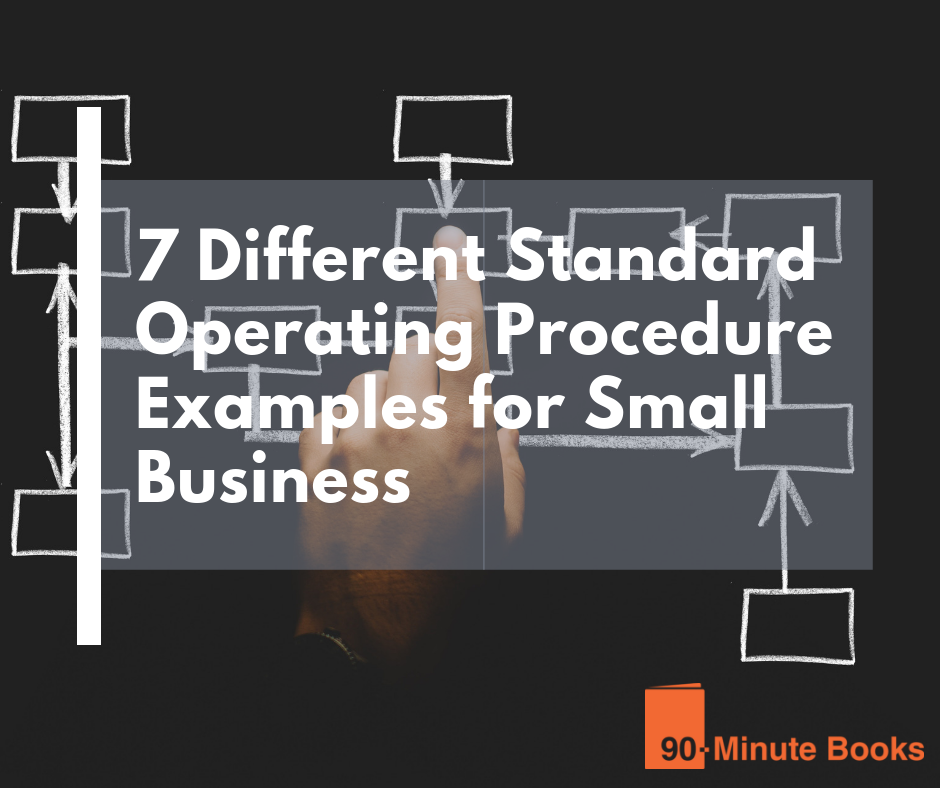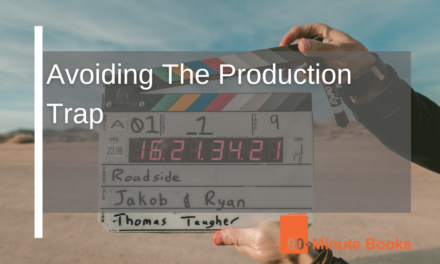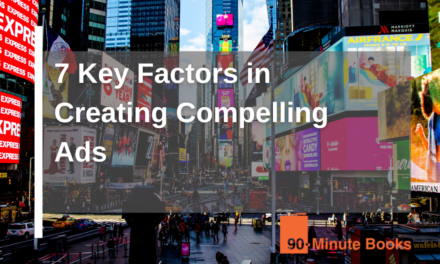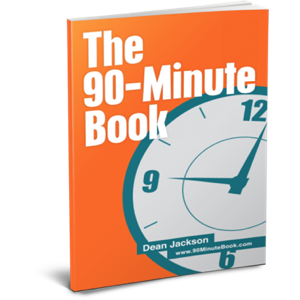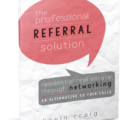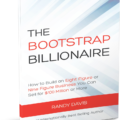What is Organic Marketing?
Organic marketing is a strategy for increasing exposure to your website or brand without using paid advertising. Organic marketing, also called inbound marketing, tends to concentrate on search engine optimization (SEO) to direct readers to your site. When people initiate a query, this is accomplished by utilizing appropriate search terms and topics related to your content.
Perhaps HubSpot founders Brian Halligan and Dharmesh Shah, who originated the term “inbound marketing” in 2006, summed it up best as follows:
Inbound marketing attracts potential customers to your organization and creates sustained long-term connections. More than just a tactic, inbound is a philosophy. The basis is people’s preferences for personalized and pertinent content, and associated links should be more attractive instead of intrusive messages and advertising.
When someone types a phrase into Google (or a different search engine) and clicks one of the links that come up in the search results, directing them to a specific website, it is an example of effective organic marketing. Therefore, we label Google search web visits as “organic traffic” as users come to a website of their own volition instead of being directed to the site through a compensated method like PPC marketing.
Content marketing is an important element of organic marketing. Why? Inbound marketing involves making educational, helpful, and pertinent content to draw in, interact with, cultivate, and persuade potential customers.
At the focal point of your natural advertising plan is the substance you assemble – the online journals, internet-based life efforts, digital books, SEO websites, recordings, infographics, and other media you use to show, educate, engage, and enthrall your intended interest group. Organic digital marketing also encompasses word-of-mouth messaging. When customers who are the most content with your services share authentic, relevant details online, like testimonials and reviews, it can benefit your brand’s image. It may draw in more new clients to your website.
What is Paid Marketing?
Marketing done for a fee allows corporations to use publishers, such as newspapers, Facebook, or Google, to advertise their products or services. The commercials usually aim at a particular group of people and encourage them to take action. Paid advertising and natural marketing have a similar objective: to bring people (and potential buyers) to the brand or website. Rather than getting people to visit the website through interesting material, paid promotion brings viewers through an advertisement that has been paid for.
Besides the classic strategies of advertisement, including billboards, flyers, radio broadcasts, direct mail, newspapers, and telemarketing, contemporary approaches to promotion involve web advertising methods like banner ads, pay-per-click ads on search engines, video advertising, and social media ads. Paid marketing tends to be more targeted and goal-oriented than organic marketing and often produces visible results immediately.
Gaining maximum benefit from paid advertising is not just a matter of placing an advertisement. Maximizing the return on investment for paid social media and search engine advertising necessitates familiarity with the placement chances, how the bidding works, and the most effective approaches to the adverts’ content. Testing and experimenting are utilized to learn which strategies provide the most fruitful outcomes, like content marketing.
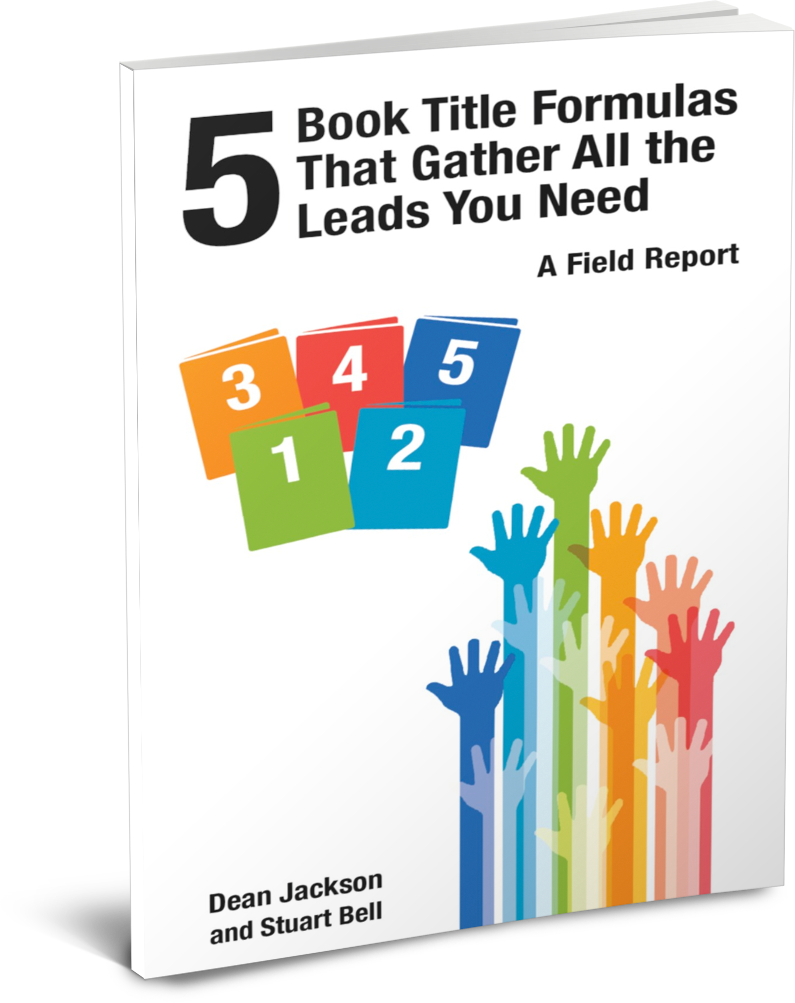
FREE BOOK
Discover the 5 Compelling Book Titles Types that create an ‘I Want That…’ response.
Key Differences Between Organic and Paid Marketing Campaigns
In the end, both organic advertising and paying for marketing aim to publicize a business’s goods and services to bring more awareness to the organization. However, there are some key differences:
1. Organic marketing can be evergreen, while paid marketing is temporary.
When a blog post is initially published on the web, it will keep bringing in more visitors, provided it remains up-to-date and pertinent. This is called evergreen content. Not all organic content can remain relevant for extended periods of time; however, brands can still make content that lasts and remains high-ranking in search engines even after it has been posted for many months or years. Organic evergreen content can be seen as an ongoing source of benefit.
In contrast, paid advertising is effective only while financial support is maintained. Once the payment ends, the ads on the website are taken down, and visitors coming from that source will no longer come. You can never have relevant content regardless of the ad’s age.
2. Organic marketing is typically less expensive than paid marketing.
Organic marketing typically has a longer shelf-life than paid marketing and is more economical. As long as you are aware of the principles of SEO, you can enhance your website and other material to be easily found through web searches, even if you don’t have a lot of money to spend. If you have a modest-sized company, organic promotion can be especially attractive. Despite this, many major corporations have gone to inbound marketing to meet the needs of their chosen demographics because of the positive results they have experienced.
Although there are expenses associated with the organic promotion, such as paying individuals to craft content or buying technology like an email marketing system or a social media manager, these costs are insignificant compared to what could be allocated to weekly advertisements. Investing some capital is essential for paid search and other forms of paid advertising. The more money you have available to spend, the better your likelihood of submitting competitive bids for the relevant keywords.
It is noteworthy that, despite costing more than organic marketing, paid marketing still has the potential to produce an appreciable ROI. For illustration, if your expenditure on paid search advertisements totaled $1,000 and generated $15,000 in marginal sales, your investment return is lucrative.
3. Organic marketing takes time, while paid marketing offers more instantaneous results.
It has been shown that organic marketing has a long-term advantage. Nevertheless, achieving the desired results takes a lot of time and effort. This plan may require significant time before you can witness any positive outcomes, ranging from weeks to months. It is essential to remember that your competition is putting a lot of effort into producing content that is of good quality and SEO-friendly. You will still be battling to be featured prominently on the SERP even after your organic content has had an opportunity to demonstrate its impact.
If you don’t want to wait to see results from organic marketing, using paid search can help you get your goods and services noticed by people more quickly. PPC is the optimal method for guaranteeing that your business will be the first entity visible on the search engine results page, provided the correct techniques have been deployed. Aim to witness a swift improvement in your paid marketing endeavors. You will have to regularly alter your ads, follow the AdWords regulations, craft a useful landing page, and provide a sizeable marketing budget.
Content Marketing Can Deliver Better ROI Than Paid Search
Launching a blog is a regular format of content promotion feasible for any person or business, regardless of whether they have a small budget or a huge company.
1. Content Marketing Is Significantly Cheaper in the Long Term
When assessing digital marketing techniques, Pay Per Click advertising can be as costly as some of the most costly possibilities.
Using PPC, you can be positioned at the highest on Google if you are ready to pay. But you’ll have to keep paying to stay there.
These prices can accumulate speedily, particularly in competitive sectors where keywords can run as much as a few dollars per click.
Content marketing requires only a small initial cost to start. If you are on a strict financial plan, you can produce content without incurring expenses other than your energy.
With enough dedication and hard work, organically achieving the highest ranking within a search engine’s results with exceptional content is possible. This implies that acquiring those clicks at no cost is possible rather than needing to pay for every single one. Your rankings will not be affected unless someone produces content that is more suitable or pertinent than your own.
Kapost’s studies discovered that content marketing produces three times more leads than paid search for every dollar put in.
It is impossible to provide a general “average” figure that applies to both content marketing and PPC across all industries because the ROI from each one is dependent on so many unique factors. However, it can be tempting to believe that PPC produces a more impressive return on investment in the beginning, regardless of your sector. Though, more often than not, material marketing brings about a higher ROI over a longer period.
2. Content Marketing Attracts Better Quality Leads
Content marketing yields more leads for the expenditure of superior quality.
The excellence of leads is essential for maximizing returns and expanding revenue. Spending money on obtaining leads is pointless if they do not turn into sales.
Sales teams often express dissatisfaction that the leads provided by marketing are of low quality. This type of problem can easily arise when sales and marketing do not work together and only focus on their individual goals, this type of problem can easily occur. Most sales representatives questioned by Demand Gen indicated that they need most from marketing “improved leads”.
Generating excellent material is an incredibly efficient method of enticing high-grade sales prospects.
Although you are spending money for prospects, it does not signify that they are top-notch. PPC leads often lack quality because those who click on your ad do not have prior knowledge of your brand or comprehend your product.
In contrast, those who have been introduced to your company by content have been informed to some degree. The better your leads become, the longer they remain and continue consuming your material.
3. Content Marketing Generates Long-term Results
Content marketing plans require a much longer timeline than other marketing initiatives. Some view this as a negative but taking time to process information, and ideas can have many positive effects.
Content marketing builds traffic and rankings that you own. It could take some time for a transformation, but when you start to notice progress, it will not be wiped out in a snap.
Investing your time and money into content marketing now will give positive returns for a long time. One solitary article that may have cost a few hundred dollars to develop could potentially bring in leads and give immense profits for a prolonged period of time worth tens or even hundreds of thousands of dollars.
PPC, conversely, is undoubtedly a tactic for the short term. You will recognize the outcome instantly, but if you are set on continuing the momentum, you must stay the course.
It is possible to purchase clicks, but their benefit will disappear once you discontinue the action.
4. Content Marketing Is a Simple Model That’s Hard to Mess Up
Mastering PPC marketing involves both an art and a science. It is essential to grasp what keywords to bid for and the exact amount to bid, optimize your ads for a substantial click-through rate, and build your landing pages meticulously to achieve the desired outcome.
PPC techniques can be incredibly profitable when used correctly, but in most cases, they will require a considerable investment of money before any outcomes can be seen. If handled correctly, Pay Per Click advertising can be beneficial monetarily; however, you need to have a respectable budget to get going.
Attempting PPC (pay-per-click) without understanding the process would be foolish behavior. There is a chance that you could have a successful outcome, but it will usually cost a lot of money with nothing to show.
Considering how intricate PPC is, most organizations experimenting with PPC advertising will either contract a knowledgeable individual to be part of their team or outsource the project to an agency experienced in PPC. This definitely makes the already costly marketing model even more expensive.
Content marketing is quite straightforward. When crafting a content marketing strategy, it’s important to consider all the factors at hand. Nonetheless, there is no right or wrong way to go about it.
Under the most unfavorable conditions, you will put out material that won’t contribute to your success. But all you will have incurred is the period it took to make the content or what you purchased it for (as content marketing is significantly more budget-friendly than alternative marketing forms, remember).
5. People Trust Content More Than Ads
Google keeps variating its approach toward paid ads in the search results to make them look more like organic outcomes. The explanation is that people who use search engines are usually not interested in clicking on advertisements.
Nowadays, most internet browsers know that businesses pay to be featured in advertisements at the beginning of a search engine’s outcome. Unlike this, websites that appear to be at the top of the non-paid results have attained their spot owing to their impressive repute and excellent information.
A study by Nielsen uncovered that most consumers (53%) have no faith in search engine results, and slightly less than that (52%) do not trust ads on social media platforms.
Confidence in commercials, in general, has gradually decreased in the past few years as individuals opt to conduct their own research and have the propensity to respond to tips from their contemporaries instead of company promotions.
Guest Post Disclaimer
The views expressed in this post do not represent the views of 90-Minute Books. The information has not been verified and should be considered an opinion. You are always advised to do independent research.


